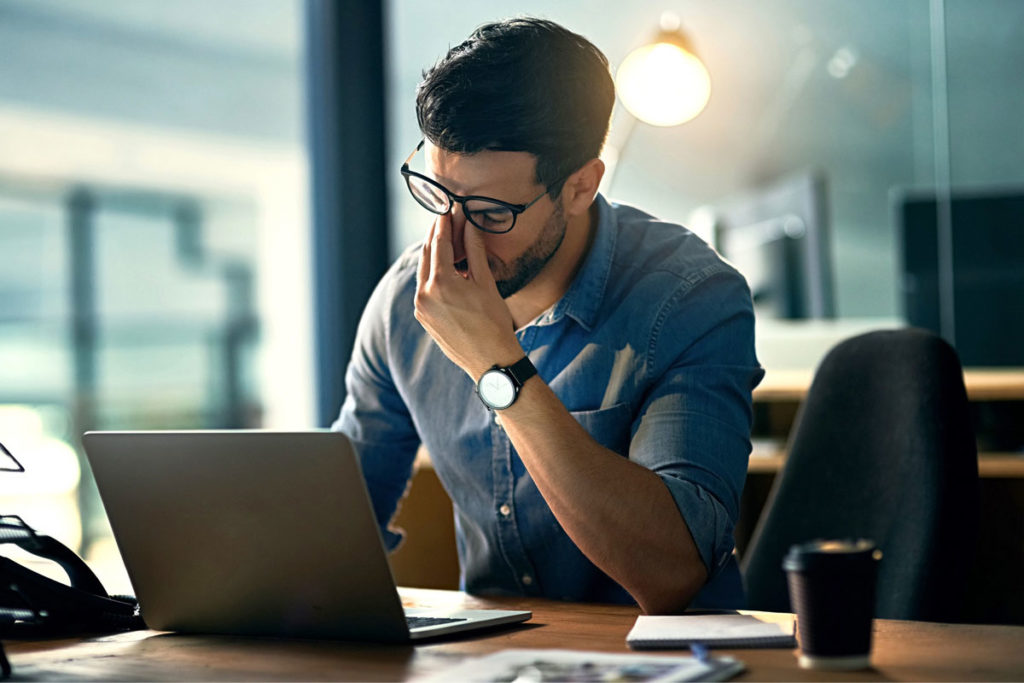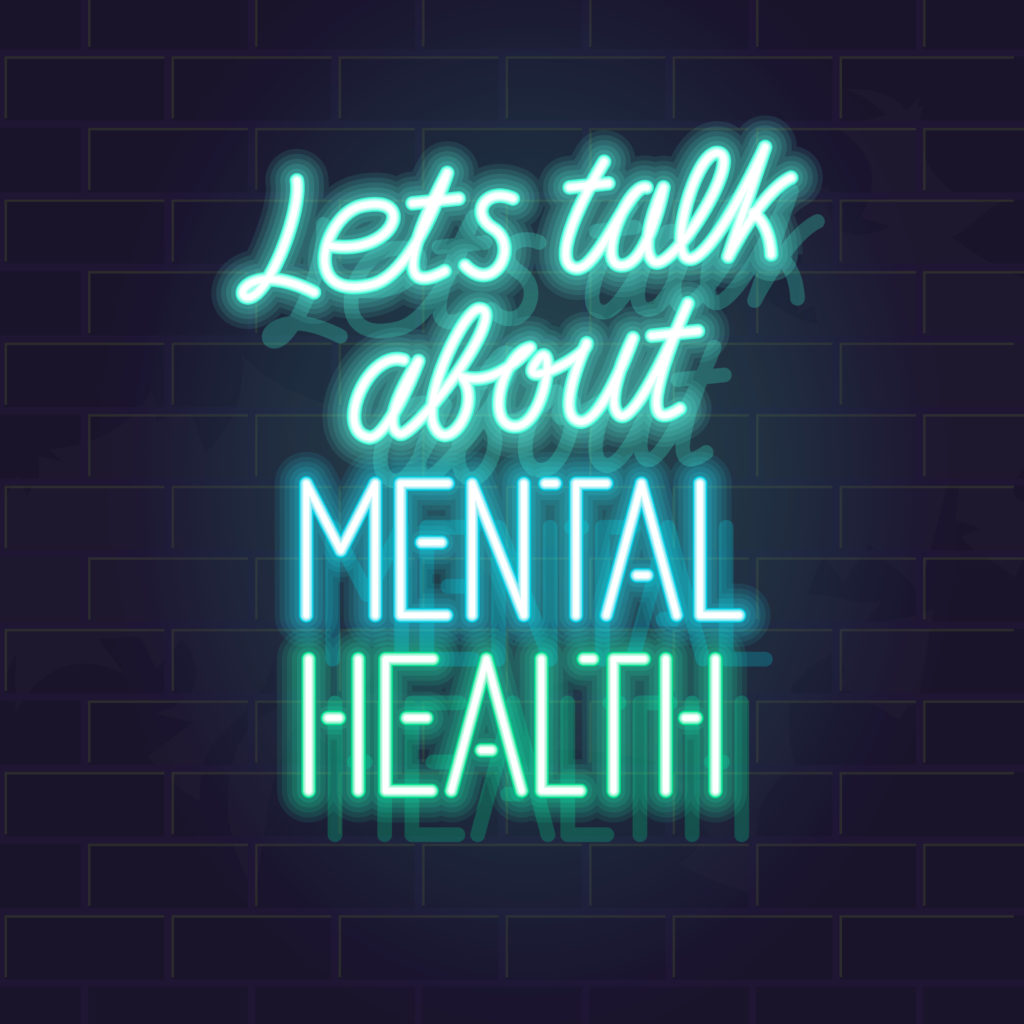It is clear that the COVID-19 pandemic is taking its toll on the mental health of all of us. Self-isolating, sacrificing social connections and worrying about your uncertain work situation is enough to leave anyone feeling overwhelmed, depressed, and demoralized.
Whilst the consistent message is to talk about any problems you may be experiencing, you may feel that sharing your feelings and admitting that you’re struggling may fall on deaf ears at this time when everyone appears to be in the same boat.
Please don’t think this way. If you are struggling at this time, then you need to seek help in order to deal with your problems and move forwards.
Mental health has an awful stigma attached to it. We often think of the extremes of mental health which may be split personalities, psychosis, and suicidal thoughts, but these all start with lesser symptoms that many choose to ignore.

Your mental health is exactly like your physical health, we all have good days and bad days. We all feel low from time to time, but this doesn’t need to spiral into depression. We can be on edge in certain situations without suffering from anxiety, but problems arise when these circumstances become overwhelming and we simply cannot switch off from them.
Helping yourself
If you recognize that your mental health has been suffering over the last few months then there are a number of things that you can do in order to help yourself and safeguard your mental health during this pandemic and in future crisis.
- Move every day
Numerous studies show that exercise reduces anxiety, depression and negative mood by improving cognitive function and self-esteem. Even a 30-minute walk a few days a week can provide these benefits. After a brisk walk or exercise, you feel mentally refreshed and alert, able to make better decisions and focus on the positive.
Physical activity also helps you sleep better and clears your mind. It breaks the cycle of anxiety and sleep deprivation/disturbance. It also reduces inflammation in the body and slows down the release of stress hormones.
- Eat well
The silver lining of the pandemic is that we have all had the time in the kitchen to prepare some home-cooked meals. Whipping up a meal for your family, your partner, or just for yourself is a great way to de-stress.
It also ensures that you are fully aware of what you are actually eating. Our diets are often high in processed foods and sugar, which may give you temporary pleasure but will cause numerous physical and mental side effects. Food should make you feel good, give you energy, improve your mood and maintain clarity.
- Relax in ways that work for you
Meditation is one of the most effective ways of relaxing your body and mind. If you’ve never meditated before, now is a good time to teach yourself how to do it and set aside a few minutes every day for meditation.
Learn how to switch off from everything and be comfortable with being on your own. For some, relaxation means to not think at all. Gazing at the evening sky or observing the natural environment around you can put your mind at ease and temporarily alleviate mental tension. Try something new, your body and mind will thank you for it.
- Set goals
A sense of hopelessness or pessimism from time to time is natural, we all go through it. In order to prevent this becoming a permanent state, you should explore ways to keep your motivation levels high. It’s a lot easier to feel motivated when you’re looking forward to something in your life. If you have goals, managing them will take your mind off negative emotions.
Identify specific, realistic and achievable goals. They can be related to your professional or personal life, it doesn’t really matter, just knowing why you’re doing what you’re doing will keep you motivated, focused and positive.

- Find someone to talk to
Just like physical health, we all have good days and bad days when it comes to our mental health, but if you experience persistent symptoms of anxiety and depression for more that two weeks then you need to seek professional help, either through your GP or counselling services.
This is an incredibly difficult time for so many people, but you don’t need to be alone. Here are a few resources that may help you or those close to you.
MHFA England: https://mhfaengland.org/mhfa-centre/resources/
Mental Health at Work Gateway resources: https://www.mentalhealthatwork.org.uk/
City Mental Health Alliance – https://citymha.org.uk/




